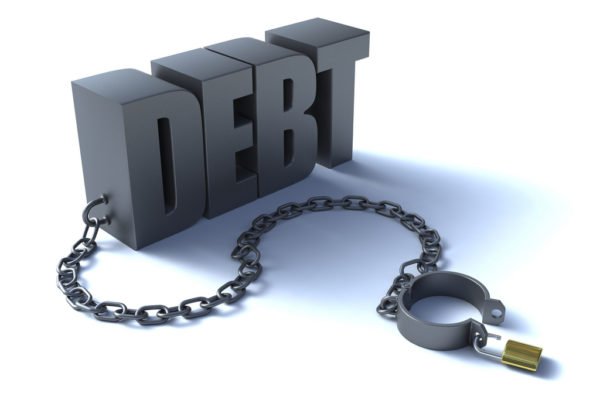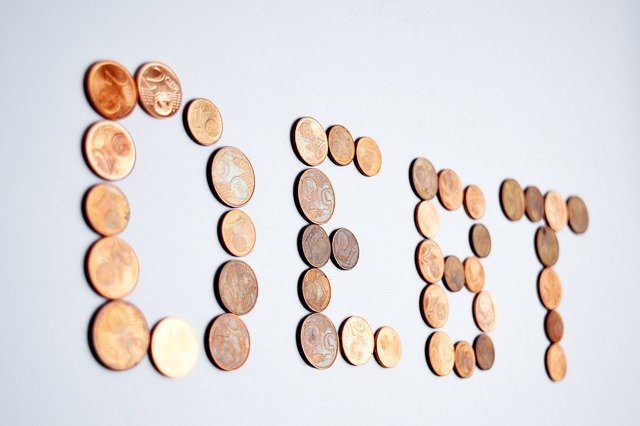When you’re looking at a whole heap of debt, anything promising to make it easier to manage is a good thing — right?
Well, yes and no.
Sometimes different isn’t good, bad, better — nor worse.
Different can be just different.
With that said, consolidating all your eligible debts into a single loan will make your situation different. That goes without question. However, whether that difference will be beneficial depends upon a number of circumstances.
Long story short, if you’re wondering if debt consolidation is a bad thing, the answer is — it depends.
Let’s look.

How Debt Consolidation Works
As the term implies, debt consolidation is the process of combining as many of your outstanding debts as possible into a single loan. The oft-touted advantages include the opportunity for a lower interest rate, a lower monthly payment, a more easily managed situation and the potential to raise your credit score.
“OK,” you say, “sounds good so far, so what’s there to consider?”
How’s Your Credit?
If you have a strong credit score, you’ll qualify for a debt consolidation loan at a lower interest rate than if you’re currently having credit issues. That lower interest rate will typically be the difference between making a consolidation loan a good deal and a bad deal.
After all, the goal is to reduce the amount of interest you must pay and ideally, your monthly payment as well. If you allow yourself to get locked into a high-interest loan because your credit score is low, you could make your situation worse — even with a lower monthly payment. You’ll have to accept a longer repayment term to make the payments reasonable, which means you’ll pay more.
What Kind of Loan Are We Talking About?
Some people refinance their homes or use home equity lines of credit to pay off debt. Most financial experts advise against this, as it’s effectively trading unsecured debt for secured debt. In other words, you’ll be putting your home at risk to pay off debt for which the worst consequence would otherwise be a negative mark on your credit report.
Credit card debt is the type most often consolidated, along with medical debt and student loans. These obligations are secured only by your promise to repay. If you trade them for debt secured by an interest in your home, you could be forced to sell your house to pay off the lender if you hit a rough patch and can’t make your payments.
Do You Have Self-Control?
Let’s say you have five credit card accounts, each one at or near its limit. The minimum payments on them are adding up to more than you will soon be able to continue to comfortably manage each month. However, your credit score is still pretty good.
You take a consolidation loan at a good interest rate with a reasonable term and things ease up considerably. The monthly payment is easy to manage. The interest rate is lower and you’re on track to come out ahead of the game.
Breathing a sigh of relief, you go back to spending the way you did before, falling back into the habits that loaded those cards up in the first place. You rationalize it as being no big deal because of all the money you’re saving each month, thanks to the consolidation loan.
Before you know it, all those cards that had zero balances are at or near their limits again and you have a consolidation loan to service each month too.
Simply put, a debt consolidation loan will only enable you to go farther into debt if you can’t stop charging.
The Verdict?
Is debt consolidation a bad thing? Well, like so many other things in life, it depends. Debt consolidation can be the solution you’ve been seeking if you choose your loan and lender carefully, your credit score is still strong, and you manage your money well. On the other hand, it could be the worst possible thing you could do for your finances if any of those parameters are unmet.
